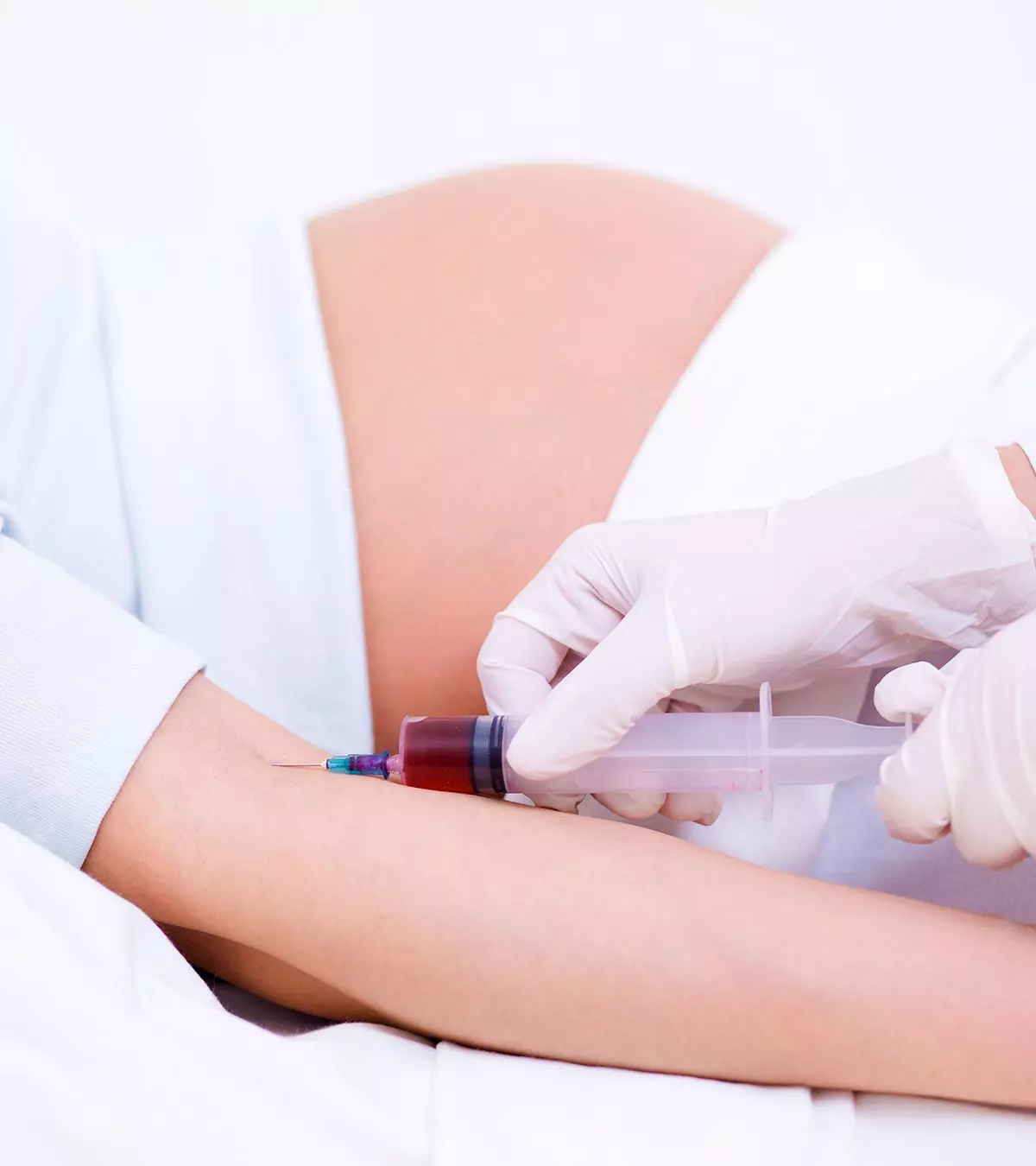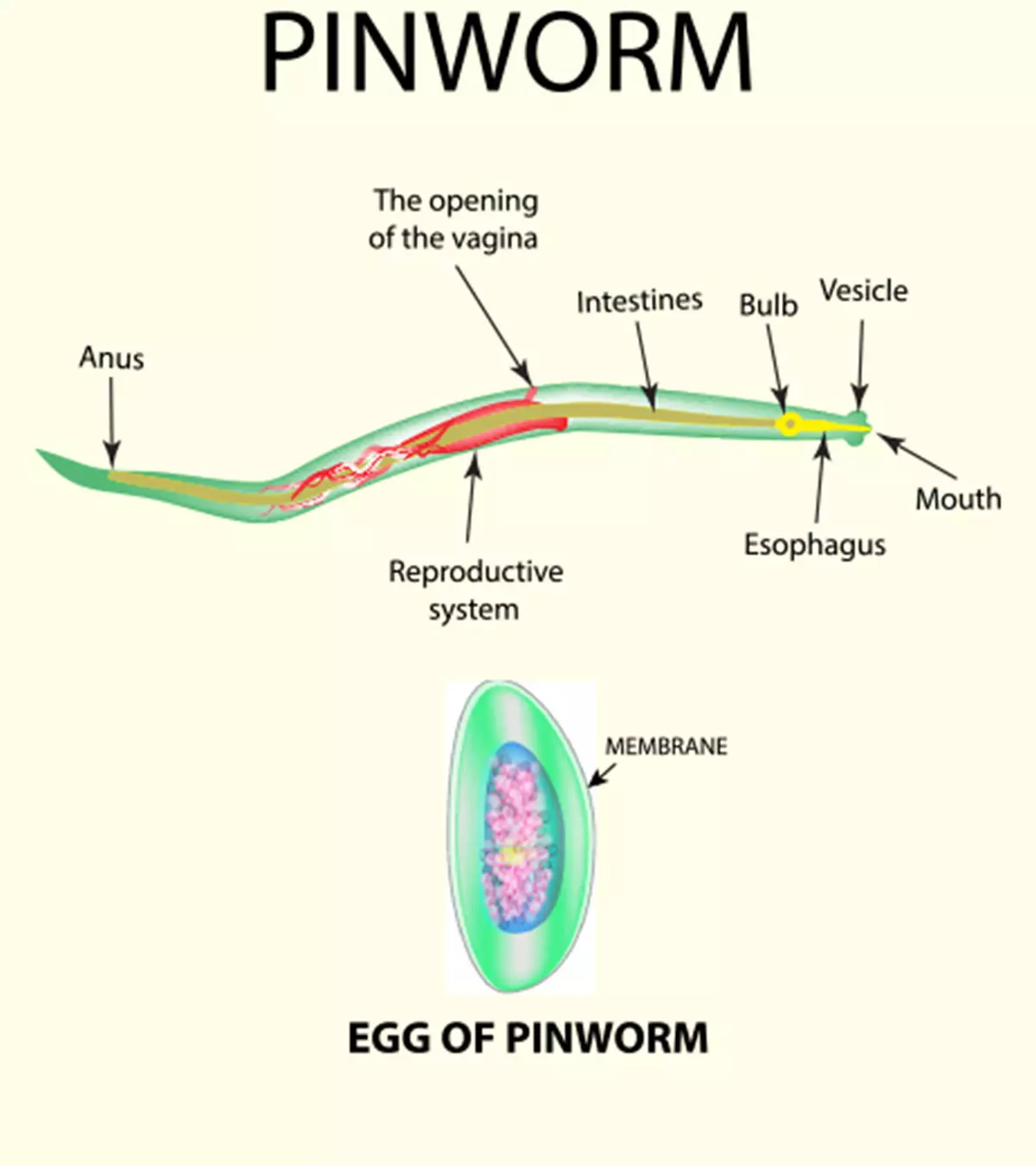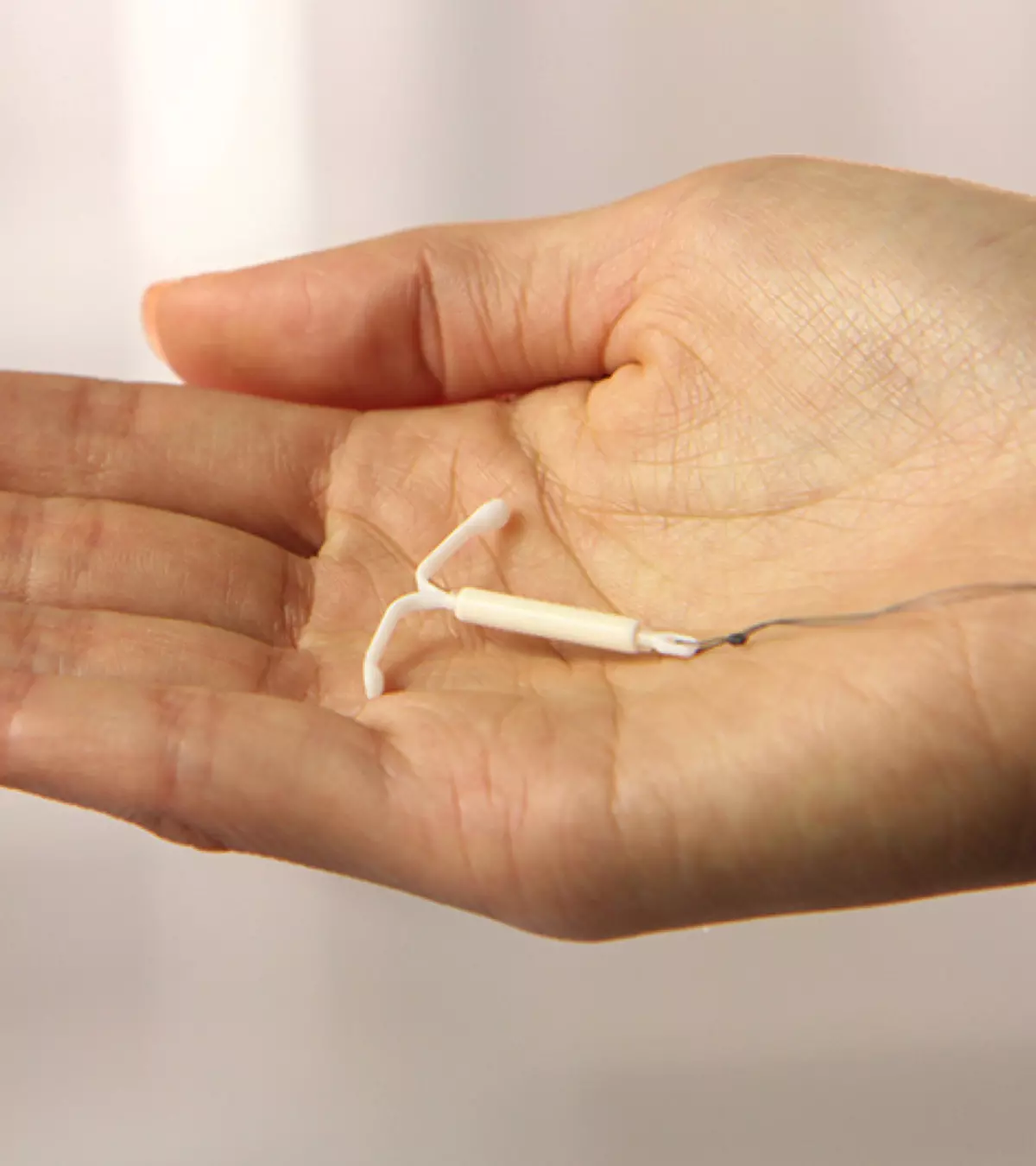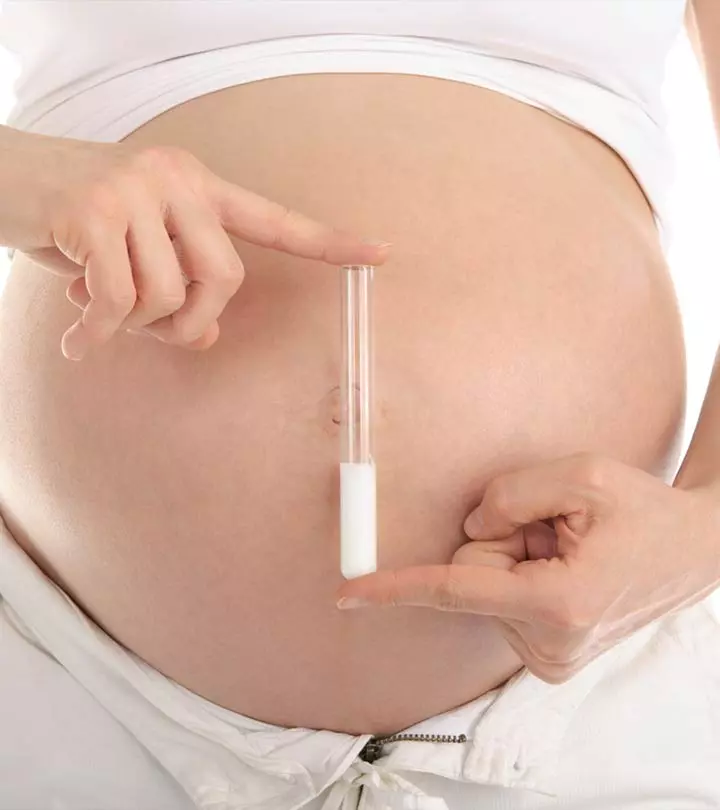MS

Dr. Shashwat Jani is a consultant obstetrician & gynecologist in Smt. N.H.L. Municipal Medical College, Ahmedabad. He has 14 years of experience with a special interest in high-risk pregnancy, infertility, and endoscopy. He has written 12 chapters in reference books of Ob/Gyn and published 18 articles in Index journals. Dr. Jani has been invited as faculty in more than 200 national and international conferences. He is awarded two fellowships and a budding endoscopic surgeon of West Zone of India award by Economic Times.
MomJunction believes in providing the most accurate content to its readers. Hence we get our articles reviewed by highly skilled experts in the relevant fields. The articles are reviewed to ensure their authenticity, factual correctness, and relevance. The board members also add inputs drawn from their years of experience. Learn more about our medical review board.






















